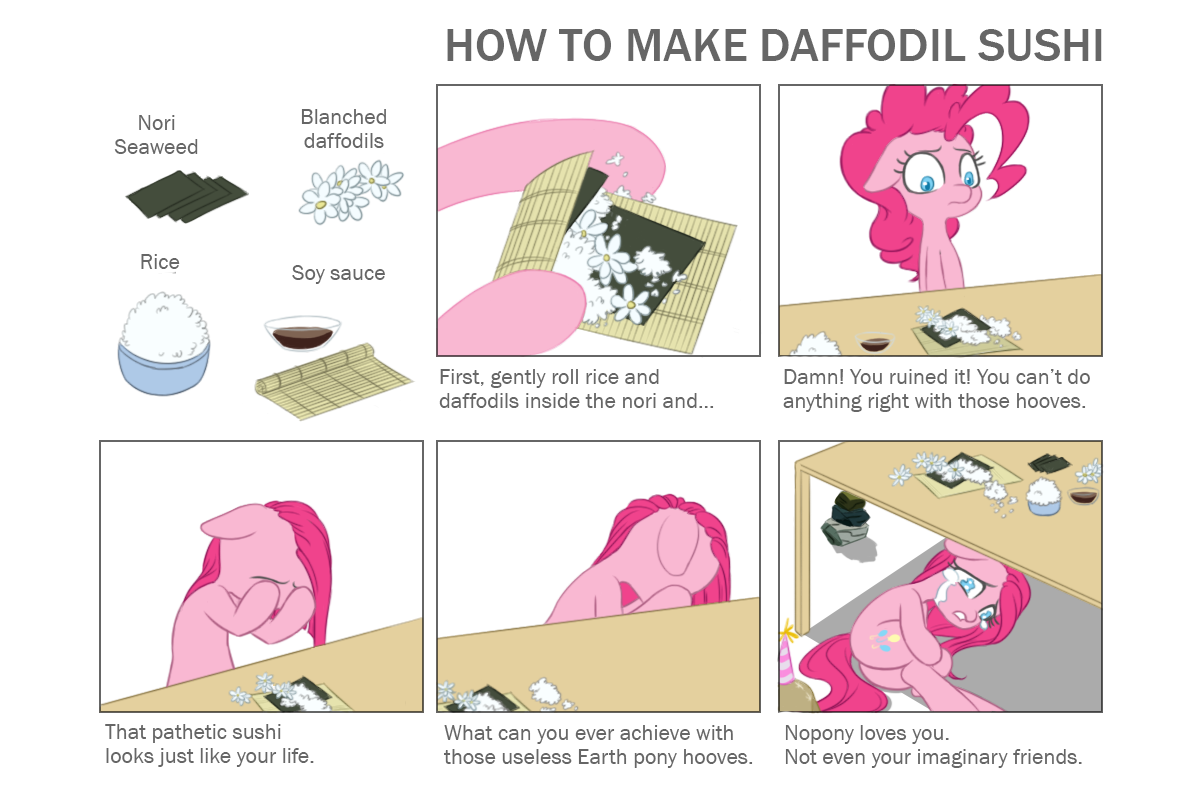You need beans.
henfredemars
I remember a time in my life were I didn’t know where my next hug was coming from. It’s enough to make your skin crawl.
It’s OK. It turns out my partner was keeping one on my behalf. They just didn’t tell me about it. I recommend checking with them if you have such person.
Hi, I wanted to follow up and let readers know that I solved the problem. The root cause was the SSD firmware needed to be upgraded. I never would’ve guessed that was the cause, but apparently over the past year there were a bunch of WD Black SSDs that have problems on Windows unless they receive a patch.
My Toyota does lane keeping for no subscription at all. I just own the feature.
You really have to squint to see it. It looks similar because it’s merely a shift from one corruption brand to another.
My dad’s not a phone!
I prefer that news outlets simply do a periodic roundup of lies. And call them lies.
What a great photo!
Pussy
These democrats
They’re the same picture.
Doesn’t mean we don’t use it as our main database

Wow, I’m amazed that the agent could be charged for something at all. These people are above the law.
Ah, off duty.
Edited a word.